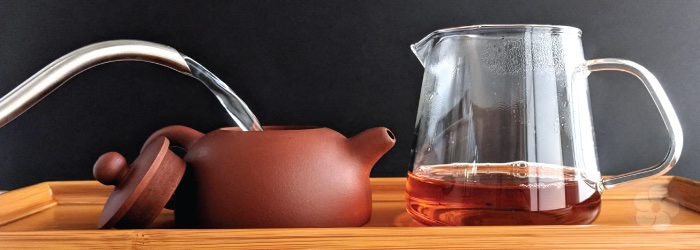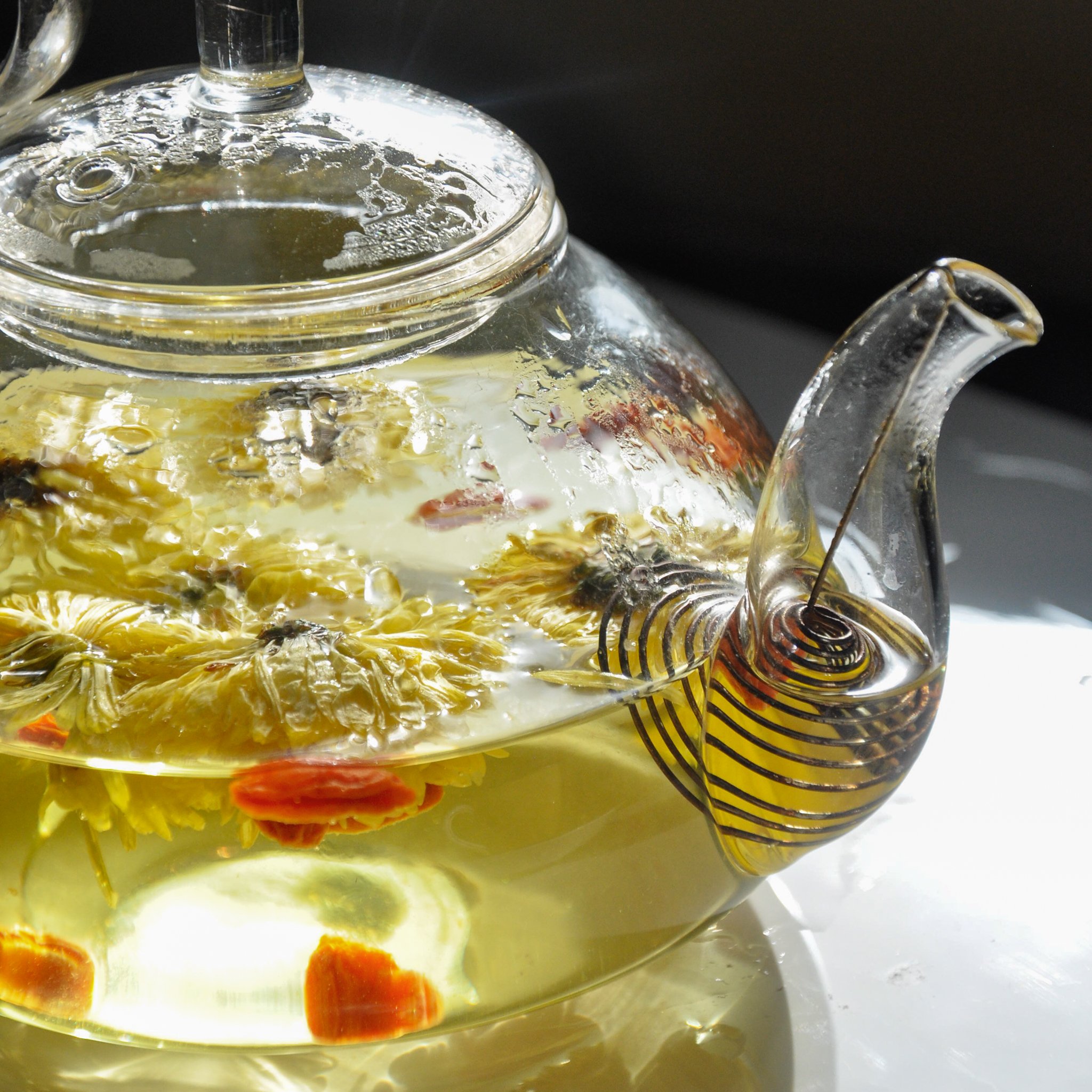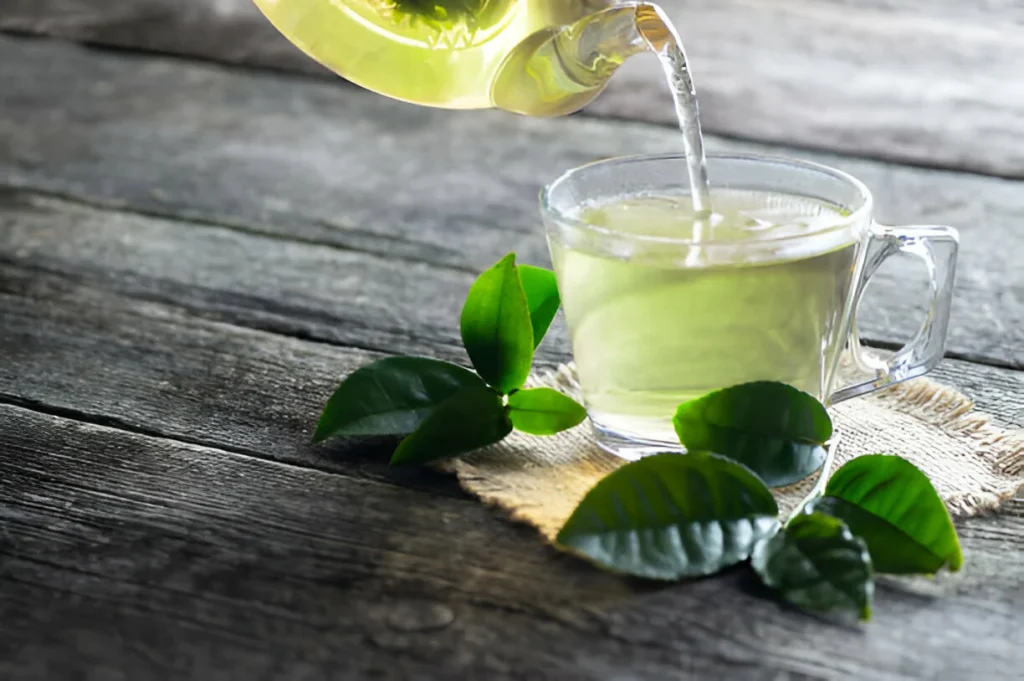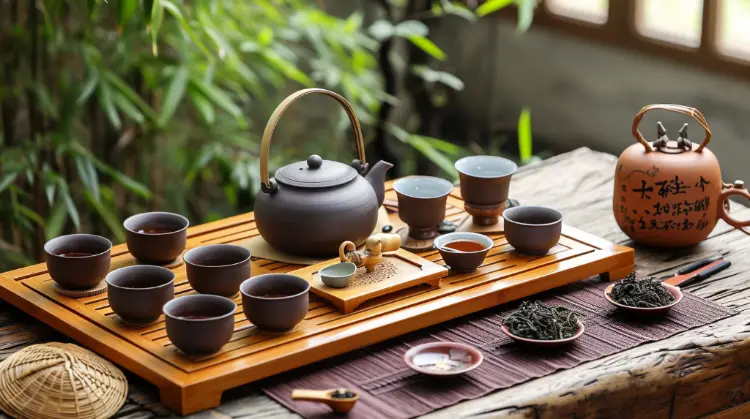What Type of Water Should You Be Using to Brew Your Tea?
The quality of water you use to brew tea significantly impacts the flavor, aroma, and overall experience of your cup. Since tea is approximately 98% water, it’s essential to pay attention to this often-overlooked aspect of the brewing process. From tap water to mineral water, the type of water you choose can either enhance or detract from the delicate flavors of your tea.
Here’s a guide to understanding the best water for brewing tea and how to make the most of it.
1. Why Water Quality Matters for Tea
Tea’s flavors are released through a delicate balance of temperature and water quality. Using the wrong type of water can result in:
- Muddled Flavors: Minerals or impurities in water can mask the subtle notes of tea.
- Bitterness: Hard water or highly chlorinated water can cause over-extraction, making tea taste bitter.
- Cloudy Appearance: Impurities may affect the clarity of your tea.
For the best results, aim for clean, fresh water with the right balance of minerals.
2. Types of Water for Brewing Tea
a. Tap Water
- Pros:
- Readily available and inexpensive.
- Can be a decent option if filtered to remove chlorine and impurities.
- Cons:
- Chlorine and other chemicals can alter the tea’s flavor.
- Hard water (high in minerals) can cause dull or bitter flavors.
b. Filtered Water
- Pros:
- Removes chlorine, heavy metals, and other impurities while retaining some minerals.
- Enhances tea flavor without overpowering it.
- Cons:
- Requires an investment in a filtration system or water pitcher.
c. Bottled Spring Water
- Pros:
- Rich in natural minerals that enhance tea’s complexity.
- Ideal for high-quality teas like green or white teas that require precise brewing.
- Cons:
- Expensive compared to tap or filtered water.
- Environmental impact due to single-use plastic bottles.
d. Distilled or Purified Water
- Pros:
- Contains no minerals or impurities, resulting in a neutral base.
- Cons:
- Lacks the natural minerals that bring out the nuances in tea.
- Can produce flat or lifeless tea.
e. Mineral Water
- Pros:
- Adds body and complexity to robust teas like black or oolong.
- Cons:
- Too many minerals can overpower the delicate flavors of lighter teas.
- Expensive for regular use.
3. The Ideal Mineral Content for Tea Brewing
The perfect water for brewing tea strikes a balance between purity and mineral content. Here’s what to aim for:
- pH Level: Slightly acidic to neutral (around 6.5–7).
- Total Dissolved Solids (TDS): 50–150 ppm (parts per million).
- Below 50 ppm: Water is too soft and may result in flat tea.
- Above 150 ppm: Water is too hard, leading to bitterness and cloudy tea.
- Calcium and Magnesium: Low to moderate levels improve flavor without overwhelming the tea.
4. How to Improve Your Water for Tea
a. Filtering Tap Water
- Use a carbon-based water filter or a pitcher filter (e.g., Brita or PUR) to remove chlorine and impurities.
- Install an under-sink filtration system for a more permanent solution.
b. Softening Hard Water
- If your tap water is hard, consider a water softener to reduce mineral content.
- Alternatively, blend distilled water with filtered water to dilute hardness.
c. Aerating Water
- Freshly drawn water contains oxygen, which enhances the tea’s flavor.
- Avoid reboiling water, as it depletes oxygen and can make tea taste flat.
5. Water Temperature: The Final Factor
Different types of tea require specific water temperatures to extract their flavors properly:
- White Tea: 70–80°C (158–176°F)
- Green Tea: 75–85°C (167–185°F)
- Oolong Tea: 85–90°C (185–194°F)
- Black Tea: 90–95°C (194–203°F)
- Herbal Tea: 95–100°C (203–212°F)
Use a kettle with temperature control or a thermometer to achieve the right heat for your chosen tea.
6. Practical Tips for Brewing with the Best Water
- Fresh is Best: Use fresh, cold water for brewing rather than water that’s been sitting in the kettle.
- Avoid Overheating: Boiling water for too long can concentrate impurities and flatten flavor.
- Experiment: Try different water types (filtered, spring, etc.) to discover what works best with your favorite teas.
7. Conclusion
The water you use for brewing tea plays a pivotal role in determining the taste and quality of your cup. For most tea drinkers, filtered water strikes the perfect balance between convenience, flavor, and cost. For special occasions or premium teas, bottled spring water can elevate the experience.
By paying attention to water quality, temperature, and preparation, you can transform a simple cup of tea into a truly exceptional experience. After all, every great cup of tea starts with the perfect water.






